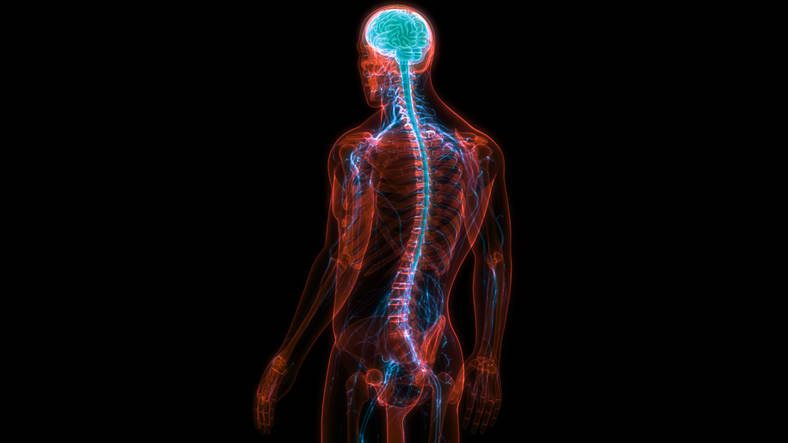Time is brain: new technology is a game-changer for patients with seizures
[5 min read]
In this article:
- Swedish neurology emergency care teams are using a new AI-based technology called Ceribell to diagnose the effects of seizures and strokes on the brain.
- This handheld device can reduce the time between diagnosis and intervention, which is critical in limiting stroke- and seizure-related neurological damage.
- Swedish is the only Puget Sound region hospital using this innovation.
Seizures and strokes are critical medical emergencies requiring swift and accurate diagnosis for effective treatment. They also pose critical challenges for emergency department caregivers; often those patients cannot communicate what they are experiencing.
While strokes and seizures can present the same way, they have different causes. Strokes occur when blood flow to the brain is interrupted, leading to damage to brain cells. Seizures are sudden, uncontrolled electrical disturbances in the brain that can manifest in various ways, including convulsions, loss of consciousness, or abnormal sensations. They can be caused by epilepsy, brain injuries, infections, or other underlying health conditions.
“Oftentimes our patients are in an altered mental state or lethargic or in a comatose state,” says Allie Massaro, M.D., medical director of the neurologic intensive care unit at Swedish. “And it's our job to diagnose and treat these patients. Essentially the primary goal of a neurointensivist, is to prevent secondary brain injury and mitigate the downstream risk.”
The detection of these conditions is challenging due to the complexity of symptoms and the need for specialized equipment and diagnostics, like an electroencephalogram (EEG) which is a labor-intensive test administered by a specially trained technologist. Swedish is at the forefront of utilizing new technology to treat seizure patients with an innovative device called Ceribell, an artificial intelligence (AI)-based handheld monitor that is helping reduce the time between diagnosis and intervention.
“In the past, patients come into the emergency room and get a bunch of labs drawn, and nothing immediately jumps out. About a quarter of our patients have something called non-convulsive status epilepticus, which is uncontrolled seizures that are not visible by physical exam. In contrast, when someone's having a convulsive seizure, it’s pretty clear,” says Dr. Massaro. “But we also see many critically ill patients who don't have to have a primary brain injury. They may be critically ill from other organ systems. These patients can also have non-convulsive seizures or non-convulsive status epilepticus.”
Ceribell consists of a simple head strap and an iPhone-sized monitor. Swedish is the only Puget Sound-region hospital using the technology. It’s currently available at the Issaquah and Cherry Hill campuses, with plans to introduce it more widely over the summer. Ceribell offers a host of benefits, particularly ease of use; the device can be placed on a patient immediately at the bedside. Its user-friendly design allows clinicians to obtain real-time data on brain waves, enabling quick and accurate diagnosis of these conditions.
“This is pretty exciting for us because we know that if we can detect seizures early and treat them early, we improve patient outcomes,” says Dr. Massaro. “AI applications in health care are a hot topic, and because Seattle is a capital of technology advancement, it makes sense for a place like Swedish to be at the forefront of healthcare innovation.”
Learn more and find a physician or advanced care practitioner (ACP)
Visit our website to learn more or schedule an appointment with one of our experts at the Swedish Neuroscience Institute. We offer comprehensive, progressive diagnosis and treatment for a wide range of spine, brain and central nervous system conditions. Telehealth options are available.
Whether you require an in-person visit or want to consult a doctor virtually, you have options. Contact Swedish Primary Care to schedule an appointment with a primary care provider. You can also connect virtually with your provider to review your symptoms, provide instruction and follow up as needed. And with Swedish ExpressCare Virtual you can receive treatment in minutes for common conditions such as colds, flu, urinary tract infections and more. You can use our provider directory to find a specialist or primary care physician near you.
Information for patients and visitors
Additional resources
Swedish is a destination for innovative, world-class care
Providence Swedish is nationally recognized for providing high-quality stroke care
Stroke: Symptoms, risk and other tips from a Swedish expert
New Parkinson’s disease test can help refine treatments and support more efficient research
This information is not intended as a substitute for professional medical care. Always follow your health care professional’s instructions.




